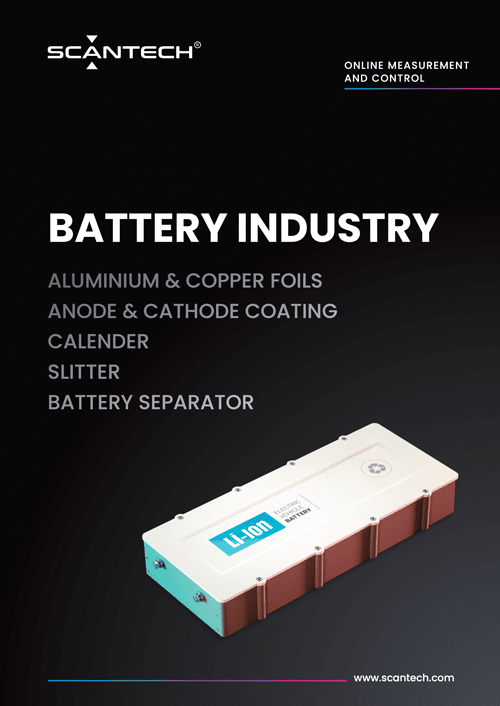
February 28, 2023
Pouch cells are a type of lithium-ion battery that features a flexible, flat pouch-shaped design. They are widely used in various applications, including automotive, consumer electronics, and energy storage. But what exactly are pouch cells, and what makes them unique compared to other battery types?
Pouch cells are constructed using a flexible, multilayered laminate structure that consists of an anode, a cathode, and a separator. The electrodes are coated with a conductive material, and the separator is designed to prevent direct contact between the electrodes. The flexible pouch is then sealed, forming a single, compact unit.
One of the primary advantages of pouch cells is their compact and lightweight design, which makes them ideal for use in portable electronic devices and electric vehicles. Additionally, the flexible design allows for greater design flexibility and can accommodate irregular shapes and sizes. Pouch cells also have a higher energy density compared to other battery types, which means they can store more energy per unit of volume or weight.
Pouch cells are used in a wide range of applications, including electric vehicles, consumer electronics, and energy storage systems. In the automotive industry, pouch cells are used as a power source for electric and hybrid vehicles due to their high energy density and lightweight design. In the consumer electronics industry, pouch cells are commonly used in smartphones, tablets, and laptops due to their compact size and high energy density. In the energy storage industry, pouch cells are used in stationary energy storage systems, such as solar power storage, due to their high energy density and long cycle life.
Compared to other battery types, such as cylindrical and prismatic cells, pouch cells have a few key differences. Pouch cells are generally less expensive to manufacture and offer greater design flexibility due to their flexible, flat shape. However, they may not be as durable as other battery types and can be more susceptible to punctures or damage.
In conclusion, pouch cells are a popular and versatile type of lithium-ion battery that offers many advantages, including a compact and lightweight design, high energy density, and flexibility. Their applications span across various industries, including automotive, consumer electronics, and energy storage. By understanding their unique properties and advantages, manufacturers and consumers can make informed decisions about using pouch cells in their products.
Pouch cells are a type of lithium-ion battery that features a flexible, flat pouch-shaped design
“
Discover our measurement solutions for the Battery market.
Related Articles
Solutions for Battery
Battery production is a complex process that involves a variety of steps, from electrode coating and calendaring to slitting and assembly.
Battery Solution Measurement on Production Line
Learn how battery solution measurement on production line can ensure the quality and performance of your energy storage solutions.
Battery Solution Manufacturing – Powering the World with Reliable Energy Storage
Discover the benefits of battery solution manufacturing for your production line. How battery solutions are transforming battery production.

